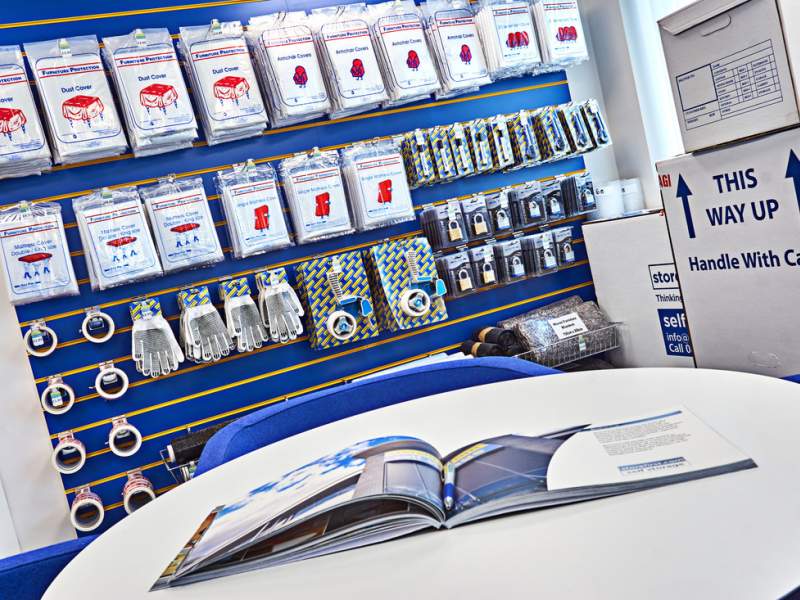Fire safety: 10 tips for staying safe this Halloween and Bonfire Night

Did you know there are over 40,000 fires in the UK homes every year? Amid all the Halloween and Bonfire Night fun, this time of year can, unfortunately, be dangerous too. Here are some tips for keeping your family and home safe this Halloween and Bonfire Night from Fire Action expert Paul Garry.
1. Switch it off
90% of the UK's 20,000 accidental electrical house fires every year are caused by household appliances. To stay safe, make sure you don't overload plug sockets with high power products like dehumidifiers. Make a habit of switching off plug sockets you're not using, and turn off everything before bed for a safe and happy home.
2. Be fire smart
Light any bonfires or fireworks a minimum of 18 metres away from your home as well as any trees, hedges, fences, shrubs and sheds. In case of emergency, have a bucket of water or sand close by and make sure you pour water over the fire's embers at the end of the evening to extinguish it fully.
Fireworks come with instructions - read them! Of course, be sure to use a torch rather than a naked flame. Whatever happens, never go back to a firework once it has been lit.
3. Keep your distance
Electric heaters need to be a minimum of three metres away from furniture and clothes. Make a habit of turning them off when you're not at home and not using them, too.
4. Don't burn the candle at both ends
Candles create a cosy atmosphere on cold evenings, and they look great inside carved out pumpkins. But sadly, they're behind thousands of house fires when left unattended. Blow them out before bed and never leave the kids or pets alone in the same room as them. They may seem like they're at a safe distance, but they could still be knocked over with disastrous consequences. Don't burn candles in bedrooms - if you fall asleep, you could have a major hazard on your hands.
5. Spray it
Use a flame-retardant spray to protect your furniture. Visit Fireproofspray.co.uk to find the right products for your home.
6. Flash in the pan
Kitchens are hotspots for household fires, with around 13,000 every year starting there. If your pan catches fire, don’t throw water on it or move it. This will make it worse.
Instead, switch the heat off at the source and put a lid on the pan, using oven gloves. If this isn't possible, use a fire extinguisher - home fire packs can be bought for around £20 from websites like Firesafety.uk.com
Aim the extinguisher at the base of the fire.
Remember! Never use water to put out grease fires, throw baking soda or salt over it, or try to smother it with a damp towel.
7. Dryer danger
Tumble dryers can overheat and set on fire. To prevent this, clean out clogged lint trays before and after every use.
8. Rid your home of rodents
Not only are mice and rats a nuisance, they can cause danger in your home by chewing on electrical insulation inside and outside your property. If you have a problem with vermin in your house, you can find out if your local council offers a pest control service in your area by visiting: https://www.gov.uk/report-pest-problem
To stay safe, always replace damaged wires.
9. Keep your home clutter-free
Boxes of clothing, teddies, newspapers and magazines kept stacked up in cellars, garages and lofts are extremely flammable, so it's worth keeping your home free of clutter. Have a clear out and recycle any unwanted items. If there's still some things you can't part with, rent a unit at your local self-storage centre.
Visit www.storefirst.com to find your nearest Store First centre.
10. Put alarms to the test
Do you have a smoke alarm on every floor of your property? If not, your local Fire and Rescue Service will often come to your home and fit them free of charge.
Find your local service here: http://www.fireservice.co.uk/information/ukfrs
Once your alarms are in place, test them on a daily basis. After all, you are at least four times more likely to die if your smoke alarm is broken, so testing regularly keeps your family safe and sound.
Adapted from Mirror.co.uk



































































































































































































